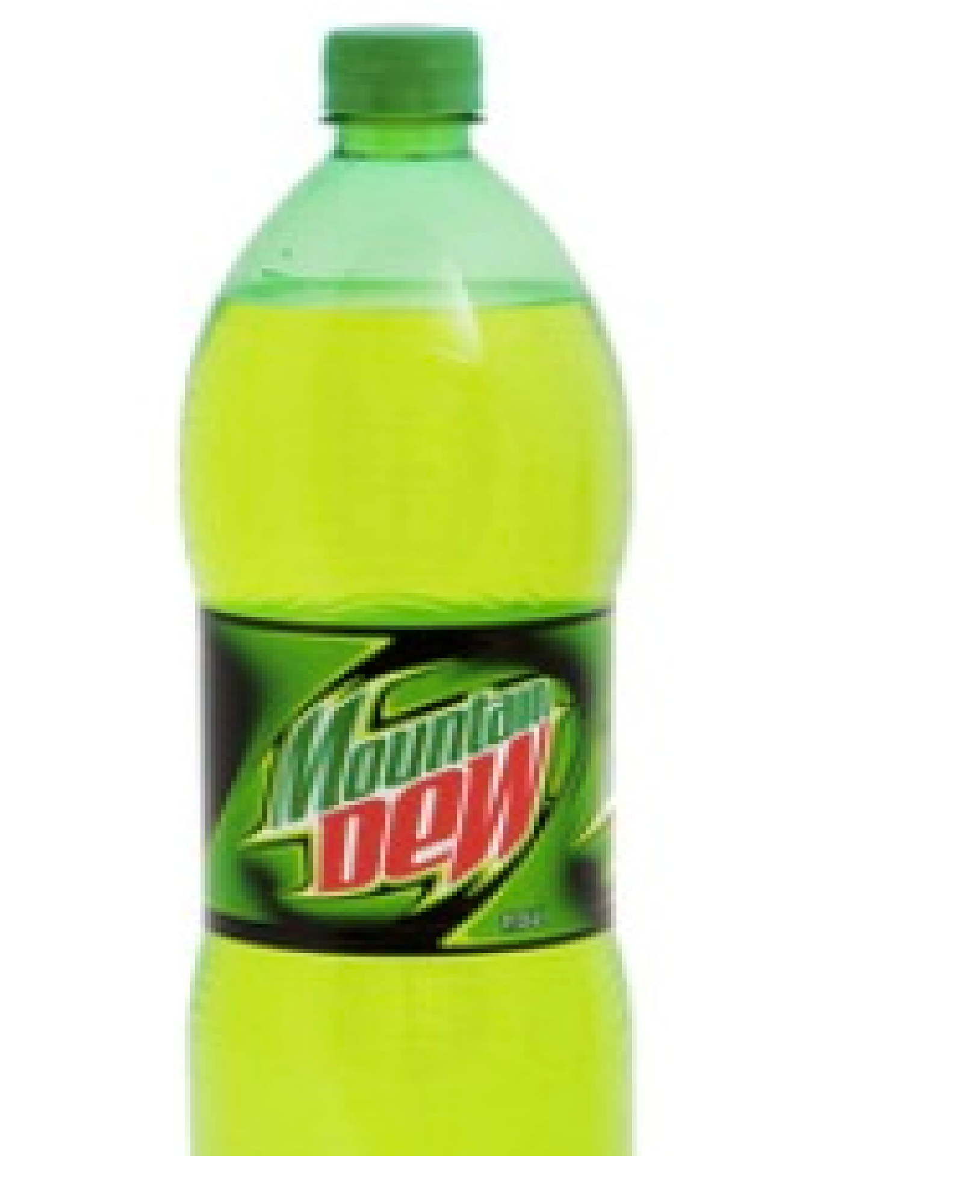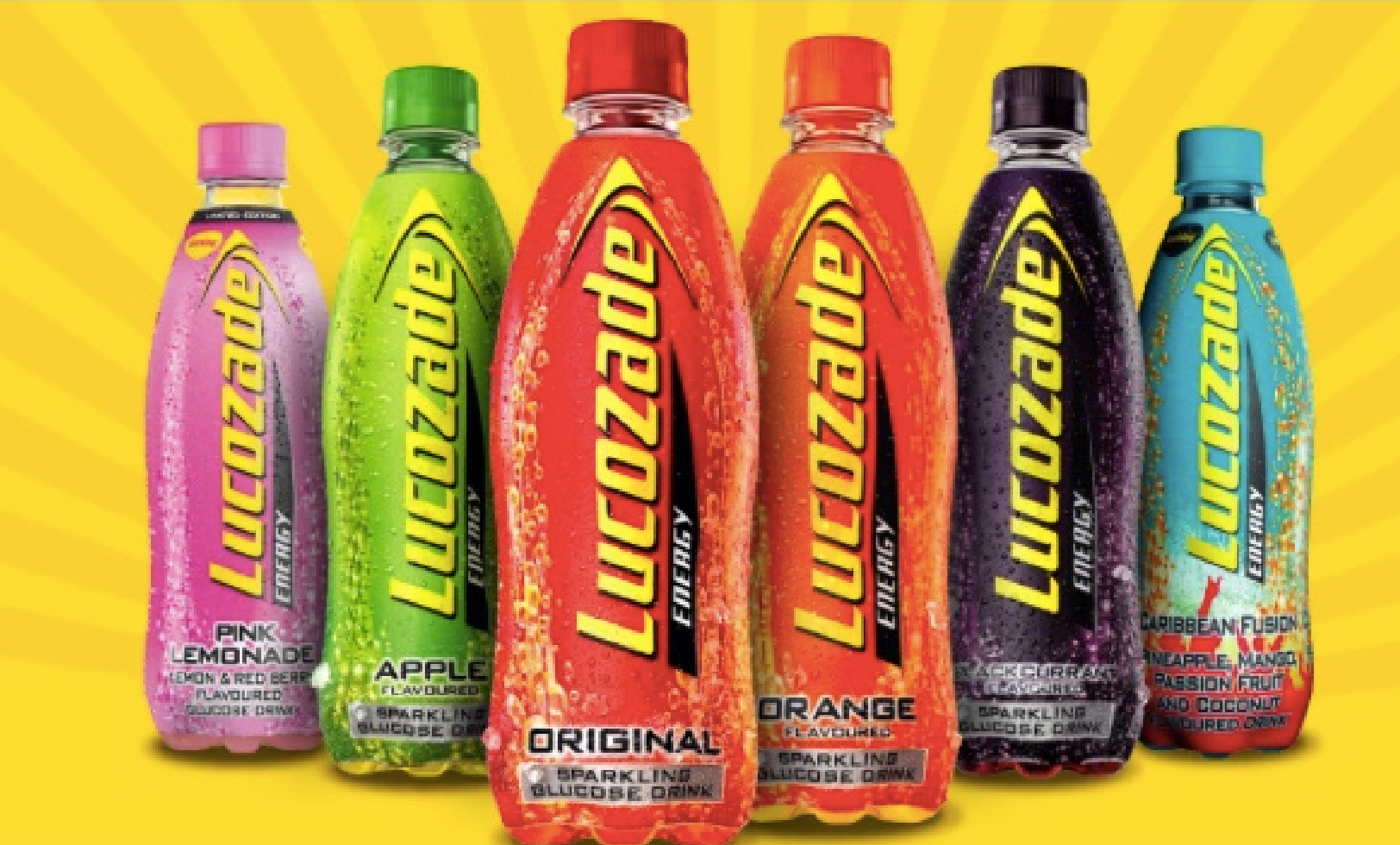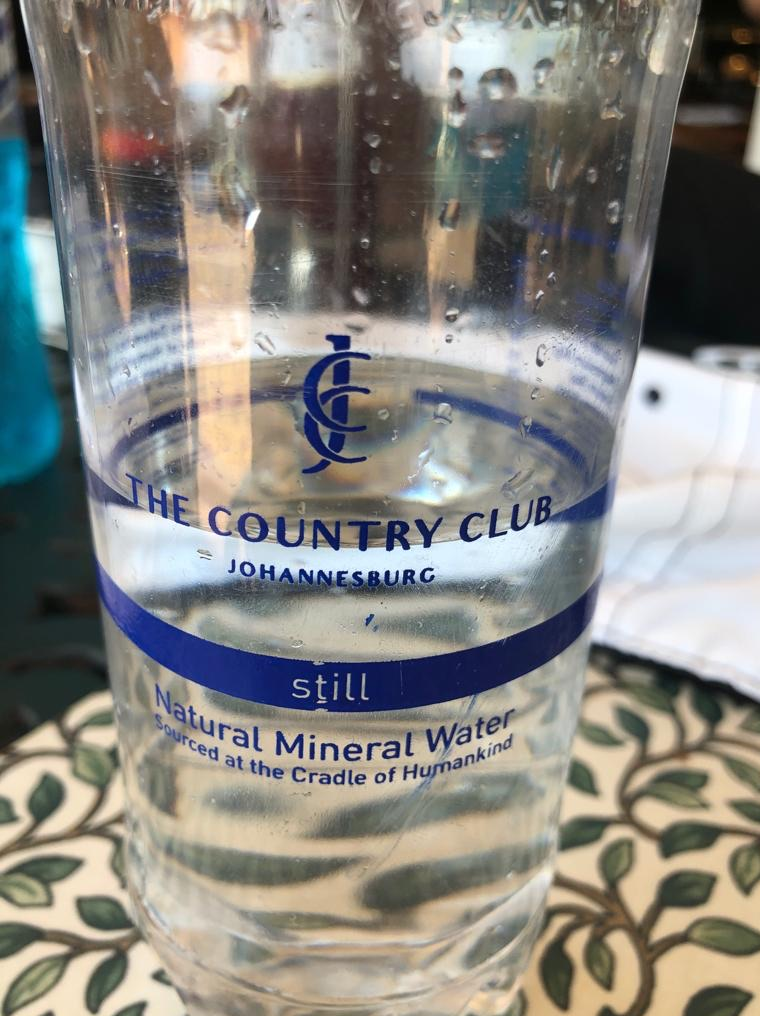So you've said no to the straw. Now what?
Updated | By Wendy Knowler
Demonising
all plastic is misguided. Plastic
remains an excellent form of packaging - cheap, strong, light - it's single-use
plastic that’s not okay. The issue is that plastic - and particularly
Polyethylene terephthalate (PET) - denoted by the recycling number 1 - has
no business being on a landfill site, a beach or littering any public space.

Listen to the audio and read the details below:
It is very easily recycled into many other things, including fillings for duvets and pillows, industrial piping, many forms of plastic packaging such as fruit trays, and even new bottles.
But that’s only if manufacturers and brand owners don’t do recycling-unfriendly things to the PET in the name of branding, which they often do. Whether it’s because they put their brand identity or the need for a cool looking bottle over environmental impact or whether they just don’t know better, it’s unacceptable.
There’s nothing like consumer awareness to change things - awareness leads to conscious consumption, leads to consumers shunning a salad dressing or bottle of water because the bottle or jar can’t or won’t be recycled. There’s a VERY big difference between recyclable and actually being recycled.
Technically, straws and earbud stems are recyclable, but the collectors don't’ bother because they are so tiny and light - they sell what they collect to recyclers by weight - imagine how many straws you’d need to get a decent price? It’s just not worth the effort.
For the past 15 years, PETCO - the plastics recycling NGO - has incentivised PET recyclers with money paid by their members - the producers and importers of PET. In other words, by paying a fee for every bottle, those producers which have chosen to join PETCO are taking responsibility for what happens to all that plastic after they’ve put it into the marketplace.
Thanks to PETCO’s efforts, South Africa’s PET recycling rate is among the best in the world - last year 63% of all PET bottles put into the marketplace were recycled. Still, that means more than a quarter of those bottles aren’t being recycled and one of the reasons for that is that some manufacturers and brand owners are still not designing with recycling in mind.
The ideal PET bottle or jar is clear or pale blue, with a
label applied with water-soluble glue. That produces the best quality, “clean”
recycled PET, which is most versatile, therefore most in-demand and
carries the highest value. Think of the Valpré bottle or the Coke bottle - that’s how it should be done.
During the recycling process, the PET sinks to the bottom of the tank and the
(non PET) labels come off and float to the top with the bottle caps. The labels and caps are recycled into “plastic wood” furniture, for example.
The big no-nos, according to Chandru Wadhwani, joint MD of major PET recycling company Extrupet, are dark or neon coloured bottles, printing directly on to the bottle and shrink-wrap labels.
And because recyclers pay little to nothing for those low-value PET bottles,
the waste pickers or “reclaimers” are less inclined to collect them. So
they stay on the beaches, in the parks, and in landfills.
So if you don’t want to contribute to that problem, here are examples of the
kinds of products you should shun, along with plastic straws:
Mountain Dew - PepsiCo
The neon green bottle has no end-use market so never gets collected by waste
pickers.

The Problem: Shrink sleeve labels are difficult and costly to remove. Not many bottles and jars with shrink sleeves get collected, given that recyclers
shun them. RCL told me they are urgently looking at a more environmentally friendly form of a label.

Shrink labels are also a problem on Lucozade bottles, those triangular Knorr salad dressing bottles, Bos Sports Drinks, and many other products.

Avoid
bottled water brands with printing directly onto the bottle, rather than a
detachable label. Ink printed directly onto PET can’t be separated from the PET and thus taints
the recycled product. It’s a common problem in the bottled water industry and a
tough fight for recyclers.
If we all played our part we could make a very big impact on that recycling
statistic. Plastic is truly fantastic if it’s not used once and discarded as pollution
instead of being recycled, over and over.


Also read: A Drone Moan - Online Pricing Issues
To contact Wendy, go to her Facebook page and click on the send email tab.
In case you missed any of the past Consumerwatch shows, find them below:
Show's Stories
-
A resignation letter of note goes viral on TikTok
A good mix of positivity, gratitude, and leaving on a good note.
Vic Naidoo 1 year, 9 months ago -
Man hires a body double to take his driver's exam
Everyone fails at one thing or another, there's no escaping it.
Vic Naidoo 1 year, 9 months ago